What criteria do you use to choose a dishwasher?
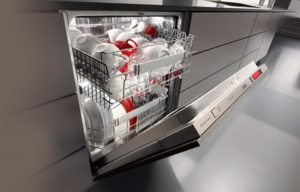 If the automatic washing machine has firmly entered our lives and replaced hand washing, then a dishwasher is still considered an unaffordable luxury. Many housewives dream of it, but are afraid of making a mistake when buying expensive equipment and wasting money. It’s easy to decide on a dishwasher and avoid overpaying: just get to know its pros and cons and learn the basic criteria for choosing a practical and reliable model. We will tell you about this.
If the automatic washing machine has firmly entered our lives and replaced hand washing, then a dishwasher is still considered an unaffordable luxury. Many housewives dream of it, but are afraid of making a mistake when buying expensive equipment and wasting money. It’s easy to decide on a dishwasher and avoid overpaying: just get to know its pros and cons and learn the basic criteria for choosing a practical and reliable model. We will tell you about this.
Is it worth buying a dishwasher?
The question of whether to buy a dishwasher is purely individual: some consider it a chore and cannot come to terms with the need to wash two cups a day, others are happy to spend hours cleaning the utensils after having a large family. But many are at a crossroads and cannot decide for themselves whether it is worth it or not. A detailed consideration of all the pros and cons of purchasing yet another appliance that makes life easier will help you get your bearings. Let’s formulate the arguments “for” the machine.
- Saves time - the machine does everything for you. Moreover, you can start the cycle and leave home, or use the delayed start and get clean dishes when you return from work.
- Heats up the water. Cold water is enough, as the machine itself will heat it to the required temperature.
- Consumes less water. It is estimated that the average dishwasher spends 14-17 liters per cycle, which is 3-5 times less than with manual washing.
- Protects the hands of the owner. A person no longer needs to come into contact with household chemicals, especially when it comes to aggressive cleaning products.
- Cleans better.The technology of cleaning, rinsing, boiling and steaming allows the machine to thoroughly remove all dirt and rinse off harmful detergent from the surface.
But there are also serious counterarguments. Some of the theses are controversial, but they still need to be taken into account.
- The dishwasher takes up extra space in the kitchen, especially freestanding models.
- The new device will put a serious load on the electrical grid. You will have to think about a reliable connection to the network with a voltage stabilizer, a separate outlet and grounding. High energy consumption will also affect the increased utilities.
To reduce energy consumption, it is allowed to connect the dishwasher directly to hot water, so as not to waste electricity on heating.
- It is not suitable for all dishes, since it is forbidden to load non-heat-resistant, cracked or glued plates and cups into the working chamber. The taboo on the dishwasher applies to utensils made of rusting steel, copper, tin and wood, up to the presence of small wooden inserts and elements on the items. You cannot wash fragile silver, crystal, and earthenware utensils in the machine without turning on a special delicate program.
- High-quality and smart units are very expensive. However, many argue that the money spent is worth it.
- Not all models support the half-load function, so you have to “save” dishes to fill the machine.
- Dishwashers require special cleaning products in the form of tablets, capsules or powder. As a rule, they cost an order of magnitude higher than standard dish gels.
The advantages and disadvantages of a dishwasher are what you need to know before going to the store. Then there will be no risk of being tempted and soon regretting the new acquisition.Now it’s much easier to decide whether to take it or not. All that remains is to understand how to choose a good machine and not overpay for useless devices.
Type of equipment, size and capacity
The modern market offers hundreds of options for dishwashers and sometimes choosing your only one is not so easy. The first step is to determine the type of equipment - free-standing, fully or partially built-in, depending on where you plan to install the new assistant. Next, we select the size and capacity suitable for the kitchen and according to your needs:
- Full-size models have dimensions of 60/60/85 cm and can accommodate from 12 to 14 sets of dishes at a time. They are more expensive, more functional and reliable, have excellent cleaning quality and are suitable for large families.
- Narrow machines have a width of 45 cm, due to which they can “accept” no more than 9 sets. The quality of cleaning does not suffer; the machines have two racks and clean dirt perfectly. Considered optimal for small kitchens.
- Compact ones are several times smaller and have dimensions of 45/55/45 cm, are installed on a shelf or tabletop and are suitable for a maximum of 3 people. Holds no more than 8 devices at a time. It has a low price, which is why the quality of the wash suffers greatly.
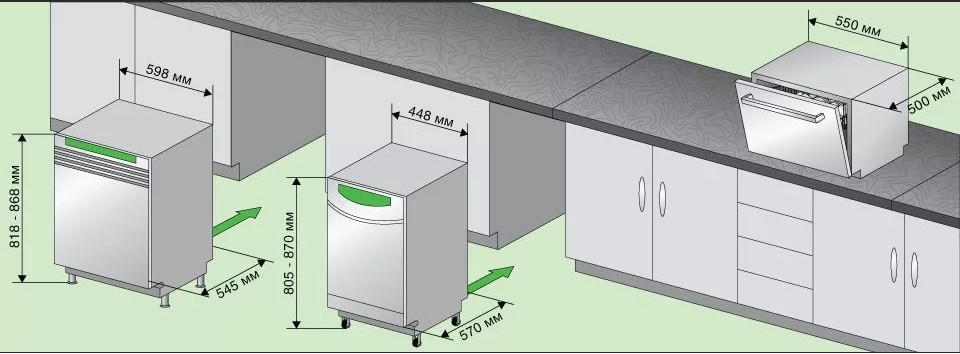
Rarely, there are non-standard models that do not fit into the typical size range. Therefore, we always pay attention to the dimensions mentioned in the markings. Ideally, you need to measure the space available in the kitchen and base it on when choosing a dishwasher.
Energy consumption class and equipment
Energy consumption is one of the things that is important to consider when purchasing a dishwasher in the first place.It is displayed on the factory label in the form of a class assigned to the equipment in the letter designation from A to G. Models of level A are considered the most economical, among which there are also more advanced models of type A+++. Such machines consume about 0.8-1.05 kWh per cycle, while category B - 1.06-1.09 kWh, and category C - 1.1-1.49 kWh. It is logical that the closer to G, the more expensive each wash costs.
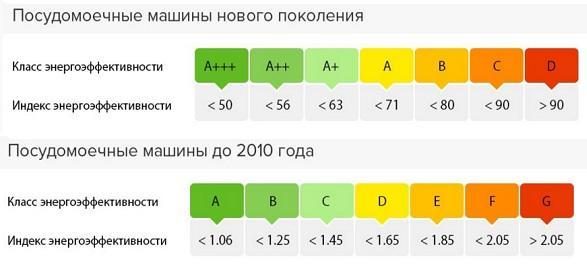
As for the equipment, there is a standard set: a dispenser, two levels of grates, a cutlery tray and a filter. But the number of devices increases as the price of equipment increases and may include:
- basket position regulators;
- working chamber illumination;
- external indicator;
- multi-level door fixation;
- heat exchanger;
- increased sound insulation;
- holders for glasses.
Dishwashers are often equipped with adjustable “legs” that allow you to install the machine on an uneven surface. Some machines also have a display that allows you to track the washing stage and adjust the cleaning process.
What can the machine do?
For a family of 2 people, a standard dishwasher with basic capabilities will be enough. This technique will first pre-clean, then help with hot water and product, rinse and dry. But if you want more, you will have to pay attention to more “advanced” models that can offer:
- intensive washing at temperatures up to 75 degrees;
- delicate cleaning for fragile utensils;
- express wash, quick and superficial.
But this is not the limit.New dishwashers allow a multi-level filter system to prevent blockages, a built-in waste crusher to immediately remove leftover food from the plates and start at a certain time thanks to a delay start timer.
Some models boast leakage protection, half-load capacity and child locking.
Does brand matter?
 Another thing to look for when buying a machine is the manufacturer. Recognized leaders producing reliable and high-quality dishwashers are the brands Miele, Bosch and Siemens. Whirpool and Zanussi are next in the ranking, followed by Beko, Gorenje and Indesit. Last but not least, you should purchase machines from Chinese companies.
Another thing to look for when buying a machine is the manufacturer. Recognized leaders producing reliable and high-quality dishwashers are the brands Miele, Bosch and Siemens. Whirpool and Zanussi are next in the ranking, followed by Beko, Gorenje and Indesit. Last but not least, you should purchase machines from Chinese companies.
But what is more important is not the brand, but compliance with the rules for operating the device. To make the machine last longer and produce better soap, you should not forget about some recommendations:
- The baskets must be cleaned regularly, at least 2 times a month;
- after 2-3 cycles, wipe the body and door seal with a damp cloth;
- clean the filter as it gets dirty;
- If greasy deposits accumulate on the walls of the chamber, treat with special means.
To choose the best dishwasher model, you will have to think through your needs in advance and carefully study the labeling. The main thing is not to save on the important and not to overpay for the useless.
Interesting:
Reader comments
- Share your opinion - leave a comment



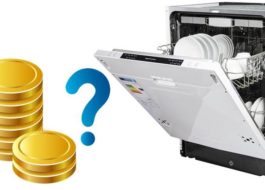





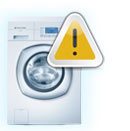
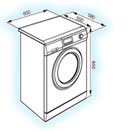


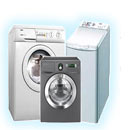



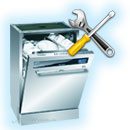
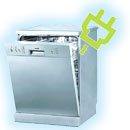

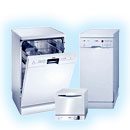
Add a comment